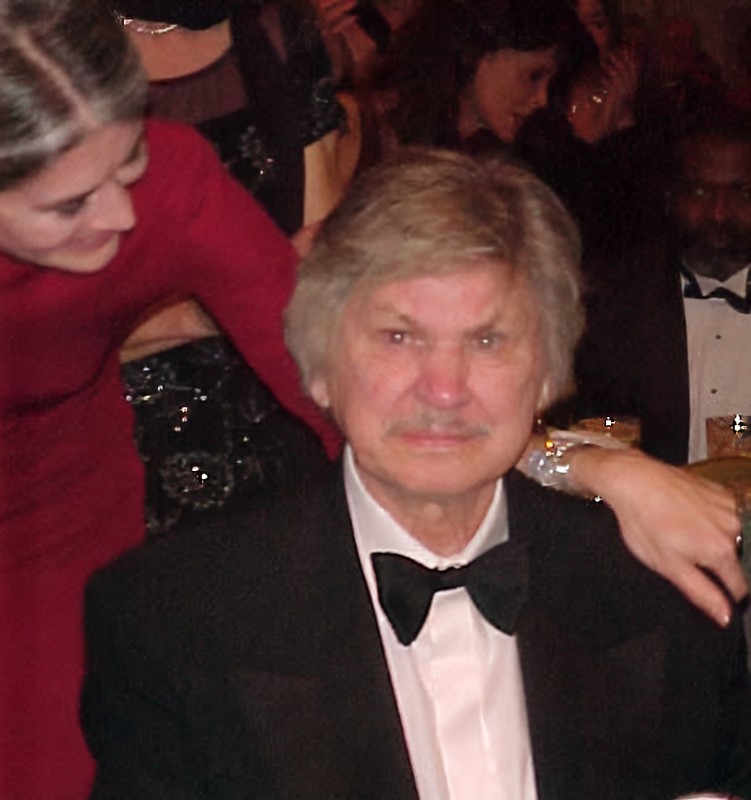
On September 6, 1915, a prototype tank nicknamed Little Willie
rolled off the assembly line in England. Little Willie was far
from an overnight success. It weighed 14 tons, got stuck in
trenches and crawled over rough terrain at only two miles per
hour. However, improvements were made to the original
prototype and tanks eventually transformed military
battlefields.


Little Willie as it looks today.














